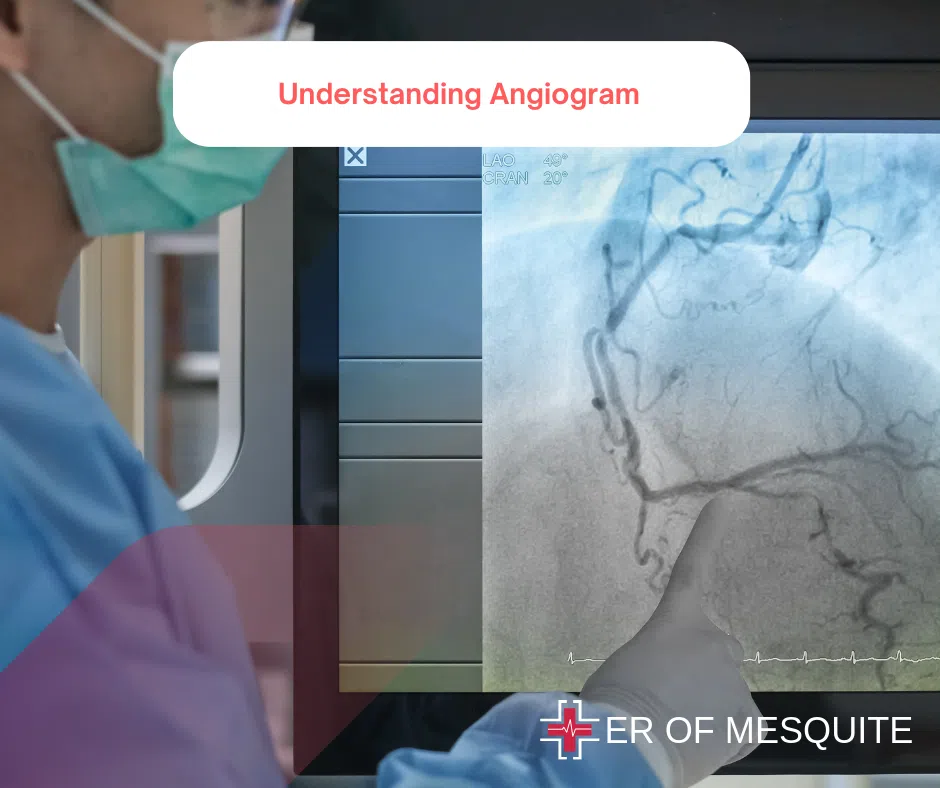Introduction
When diagnosing heart conditions, doctors often recommend imaging tests to assess blood vessels and detect blockages. Cardiac CT scan vs angiogram are two common procedures, but they serve different purposes. Understanding their differences can help patients make informed decisions about their heart health.
What is a Cardiac CT Scan?
A cardiac CT scan (computed tomography) is a non-invasive imaging test that provides detailed 3D images of the heart and blood vessels. It helps detect:
- Plaque buildup in arteries
- Heart abnormalities
- Coronary artery disease (CAD)
Benefits of a Cardiac CT Scan
- Non-invasive: No catheter is inserted into the body.
- Quick procedure: Takes only 10-15 minutes.
- Detailed imaging: Offers clear 3D views of the heart.
- Detects early heart disease: Helps identify risks before symptoms appear.
Limitations of a Cardiac CT Scan
- May require contrast dye, which can cause allergic reactions.
- Radiation exposure, although minimal.
- Less effective for assessing severe blockages.
What is an Angiogram?
A coronary angiogram is an invasive procedure that uses X-rays to examine blood flow in the arteries. A catheter is inserted into a blood vessel, usually through the groin or wrist, and contrast dye is injected to highlight blockages.
Benefits of an Angiogram
- Precise diagnosis: Detects the severity and location of blockages.
- Can include treatment: Doctors can perform stent placement or balloon angioplasty during the procedure.
- Real-time imaging: Provides immediate feedback on blood flow.
Limitations of an Angiogram
- Invasive: Requires catheter insertion, which carries some risks.
- Longer recovery time: Some patients may need to rest for several hours post-procedure.
- Higher risk of complications: Small risk of bleeding, infection, or allergic reactions.
Cardiac CT Scan vs Angiogram: Key Differences
| Feature | Cardiac CT Scan | Angiogram |
|---|---|---|
| Type | Non-invasive | Invasive |
| Procedure Time | 10-15 minutes | 30-60 minutes |
| Contrast Dye | Sometimes required | Always required |
| Radiation Exposure | Minimal | Higher than CT scan |
| Accuracy | Good for detecting early plaque | Best for identifying blockages |
| Treatment Option | No | Can include stents or angioplasty |
Which One Should You Choose?
The choice between a cardiac CT scan and an angiogram depends on the patient’s condition:
- For early detection of heart disease: A cardiac CT scan is ideal.
- For diagnosing severe blockages: An angiogram is the better choice.
- If immediate treatment is needed: An angiogram allows for stent placement or angioplasty.
- If you have mild symptoms or risk factors: A cardiac CT scan can provide initial insights without an invasive procedure.
When to Seek Medical Advice
If you experience symptoms such as chest pain, shortness of breath, or dizziness, consult a healthcare provider immediately. At Er Of Mesquite, we provide expert cardiac care to ensure accurate diagnosis and treatment.
FAQs
1. Is a cardiac CT scan safer than an angiogram?
Yes, since it is non-invasive, a cardiac CT scan carries fewer risks compared to an angiogram.
2. Does an angiogram hurt?
Patients may feel mild discomfort, but the procedure is generally well-tolerated with local anesthesia.
3. Can a CT scan replace an angiogram?
In some cases, yes. However, if severe blockages are suspected, an angiogram remains the gold standard.
4. How long is recovery after an angiogram?
Most patients recover within a few hours, but some may need to rest for a day.
5. Which test is better for detecting coronary artery disease?
A cardiac CT scan is useful for early detection, while an angiogram provides detailed views of existing blockages.
Conclusion
Both cardiac CT scans and angiograms are valuable heart imaging tests, but they serve different purposes. Choosing the right one depends on your condition and medical history. If you need expert guidance, Er Of Mesquite offers comprehensive cardiac evaluations to help you make the best decision for your heart health.
For more blogs visit https://empireadda.com/



